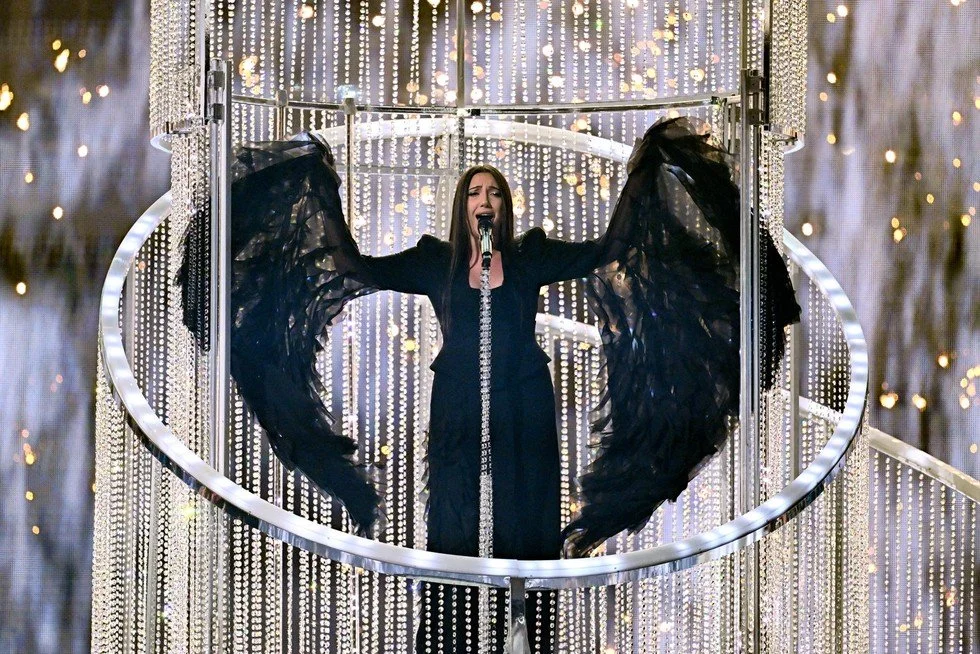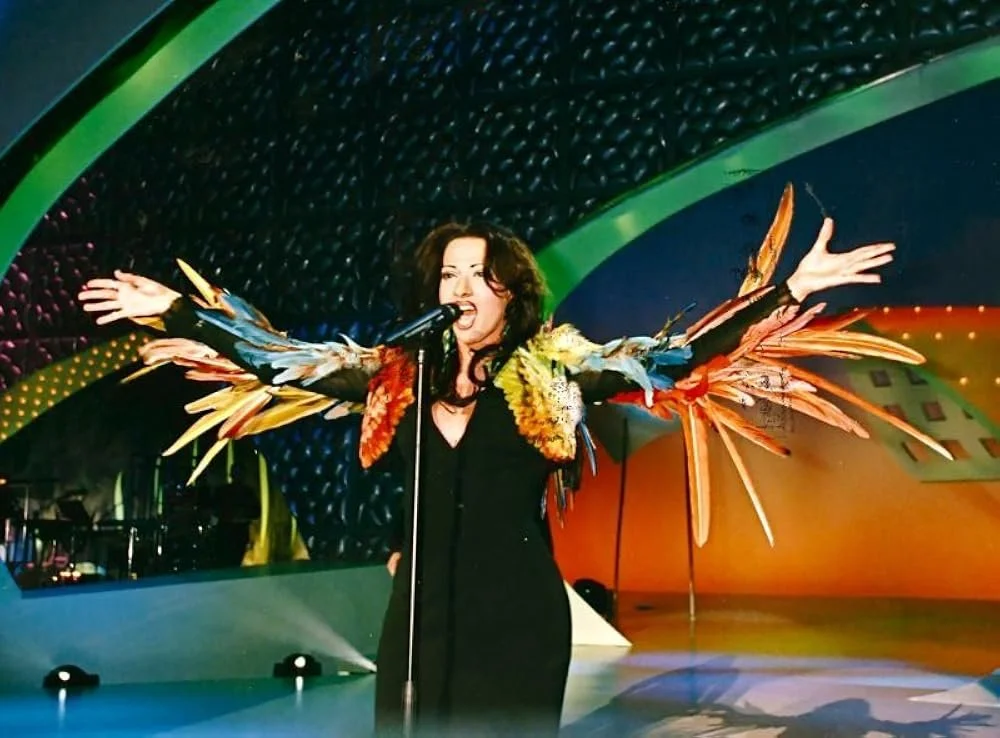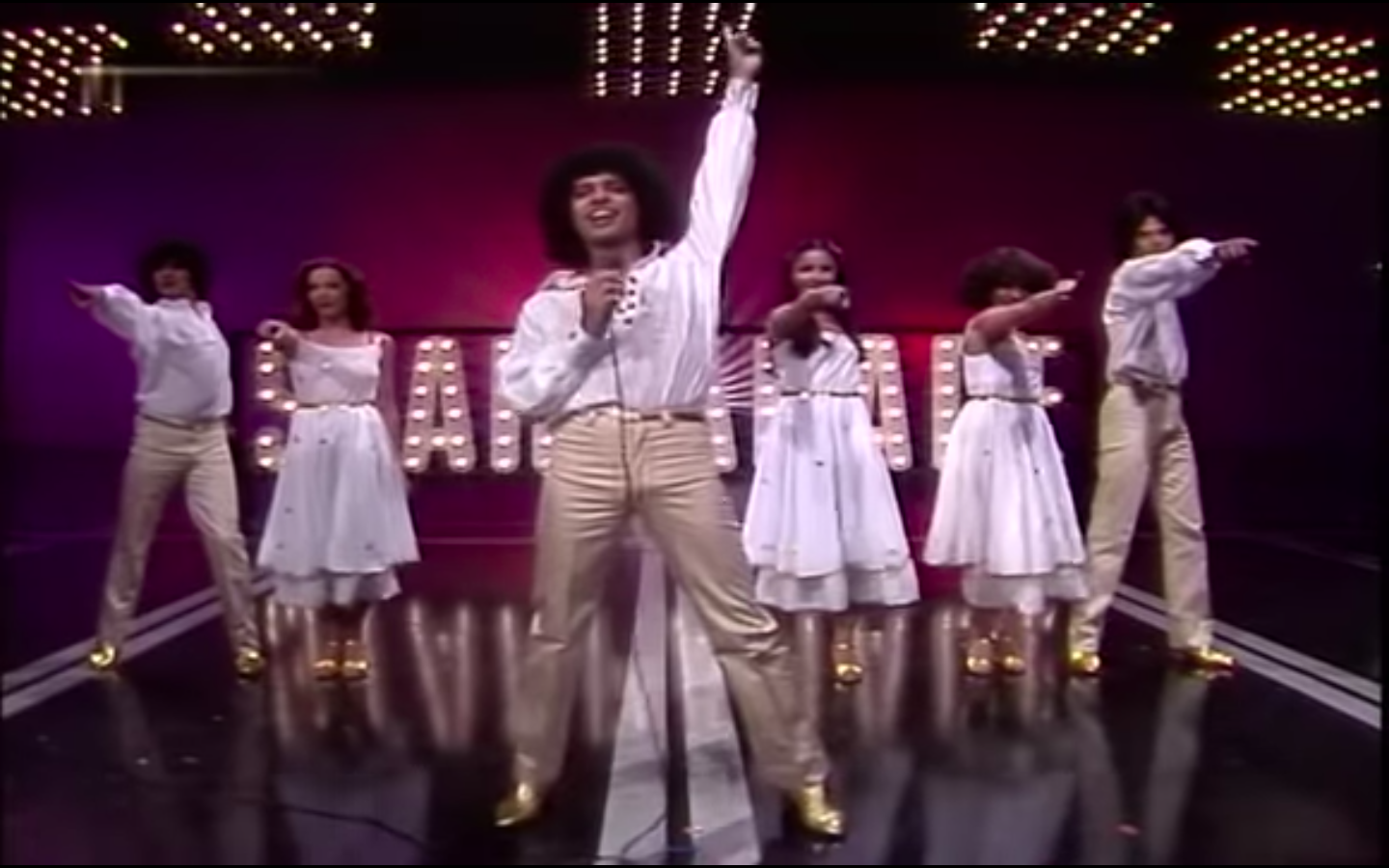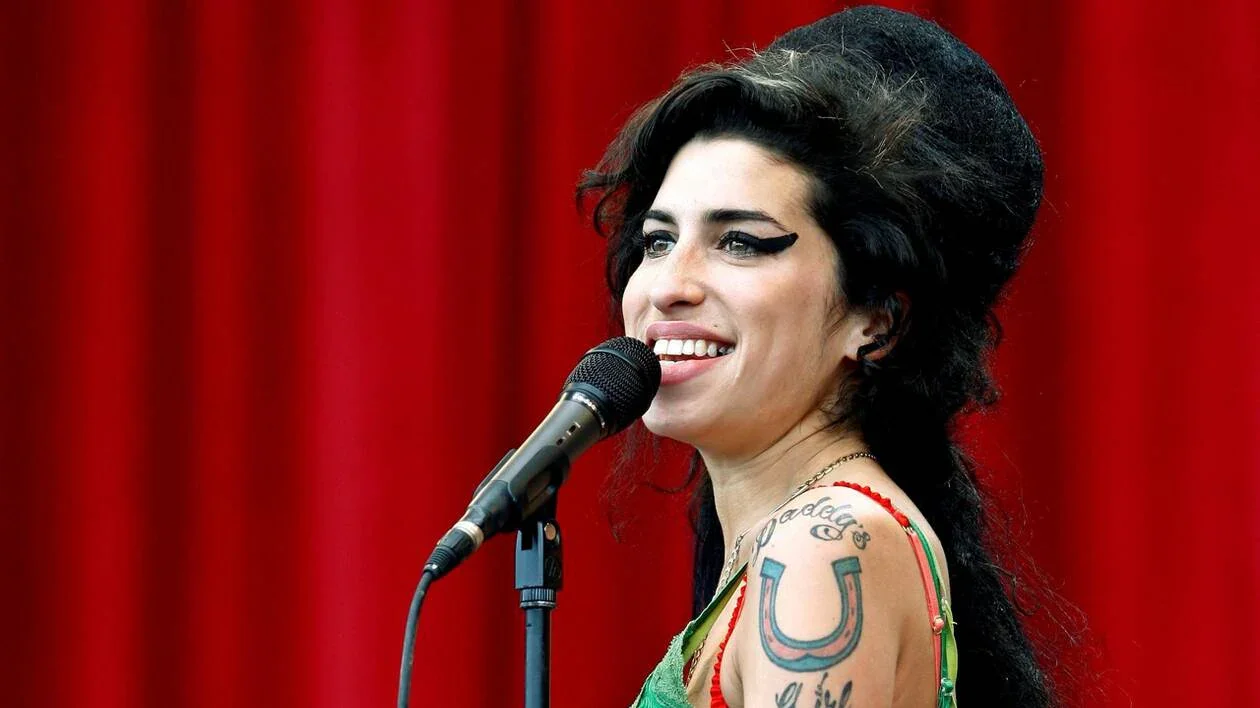
Eurovision
What is the Eurovision?
The Eurovision Song Contest (ESC), It is the world’s leading and oldest international music competition that has been held every year since 1956. Something Like the olympics of songs. It’s not run by a single country but by the European Broadcasting Union (EBU), which is a network of public service TV and radio stations from across Europe and beyond.
Each participating broadcaster (for example, the BBC in the UK or France Télévisions in France) is a member of the EBU and sends a contestant to represent their country with an original song performed live on TV. All entries compete, and viewers and national juries from the participating countries vote to decide the winner.
Although it started as a European event, Eurovision now includes many countries outside of the EU, such as Israel, Australia, Azerbaijan, Armenia, and Georgia. In total, more than 40 countries regularly take part, making it one of the world’s largest and longest-running television events.

Israel’s Top Eurovision Results
Since King David all the way to Bob Dylan and Pink today, the Jewish people have consistently excelled in music. Some of the most well-known Jewish creators include Amy Winehouse, Mac Miller, Leonard Cohen, Barbra Streisand, Irving Berlin, George Gershwin, Gustav Mahler, Billy Joel, Paul Simon, Alicia Keys, Adam Levine, Drake, Regina Spektor, Itzhak Perlman, Daniel Barenboim, Carole King, and Gene Simmons (Kiss). With such a rich musical heritage, it’s no wonder Israel performs so well in Eurovision.
2025 — Yuval Raphael, New Day Will Rise — 2nd place (1st in public vote)
2024 — Eden Golan, Hurricane — 5th place
2023 — Noa Kirel, Unicorn — 3rd place
2018 — Netta, Toy — 1st place (win)
1998 — Dana International, Diva — 1st place (win)
1991 — Duo Datz, Kan — 3rd place
1983 — Ofra Haza, Hi — 2nd place
1982 — Avi Toledano, Hora — 2nd place
1979 — Gali Atari & Milk and Honey, Hallelujah — 1st place (win)
1978 — Izhar Cohen & the Alphabeta, A-Ba-Ni-Bi — 1st place (win)

Israel: The Sole Safe Haven for LGBT People in the Middle East
Israel is the only country in the Middle East where it is legal and safe to be gay. Israel provides refuge to many LGBT individuals fleeing Arab societies where they would otherwise face persecution or even execution. In 1998, Israel made history by sending Dana International—the first transgender performer—to represent the country at Eurovision, where she won first place, symbolizing Israel's vibrant openness and leadership on LGBT rights in the region.

BDS: The Global Campaign to Isolate Israel
The BDS movement, headquartered in Ramallah, is the NGO front for Hamas in the West.
BDS emerged from the infamous 2001 Durban Conference, a UN ‘Festival of Hate’ that falsely smeared Israel with accusations of apartheid, genocide, and colonialism.
Founded in 2005—ironically with funds tied to the Oslo peace process—BDS coordinates an international anti-Israel campaign with the sole goal of destroying Israel, not because of its policies, but because it is Jewish, as part of their global caliphate agenda and vision for a mono-cultural Muslim world.
BDS targets Israel on ten fronts, with culture being just one of them. On each front, they focus on a few specific campaigns. You can read more about it on their very explicit website—an important resource for anyone asking themselves, “What the hell is going on?”
Over the last several years, Israeli singers have been targeted by BDS with explicit, racist attacks. It is outrageous that people are attacked simply because of their origin.
BDS is actively challenging Israel’s right to participate in the competition, pressuring the EBU to hold a vote—a move that violates multiple rules and undermines the integrity of the contest.

What can you do?
Support Israel & Expose BDS: Key Actions
Share Facts and Israeli Voices
Promote Israeli artists, musicians, and LGBTQ+ figures targeted by boycotts.
Counter misinformation with factual posts and credible sources.
Expose BDS Campaigns
Highlight the ten “fronts” BDS targets: culture, sports, academia, and more.
Link directly to BDS pages and official statements to show their goals.
Advocate for IHRA Adoption
Encourage schools, clubs, and local governments to adopt the IHRA working definition of antisemitism.
Clarify that boycotts targeting Israel often constitute discrimination.
Promote Legal and Policy Measures
Support anti-BDS laws or procurement rules that prevent public funds from backing discriminatory boycotts.
Work with civil society organizations to draft model policy language.
Defend Cultural Participation
Support Israel’s right to participate in international competitions like Eurovision.
Organize petitions, letter-writing campaigns, and social media support.
Document and Publicize Incidents
Report racist or anti-Israel attacks against artists and participants.
Use evidence-based reporting to inform the public.
Stay Peaceful, Factual, and Legal
Avoid violence or illegal activity.
Focus on education, exposure of discriminatory tactics, and lawful advocacy.
Educate Yourself and Others
Learn about BDS’s history, funding, and ideology.
Share educational resources with your network to raise awareness.
Links
-

Eurovision official site
-

Jews in Music
Jews in Music